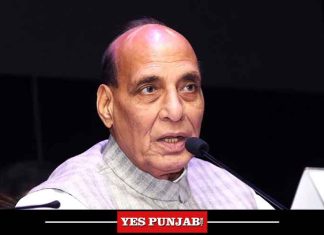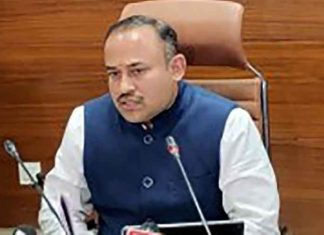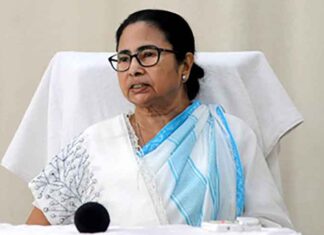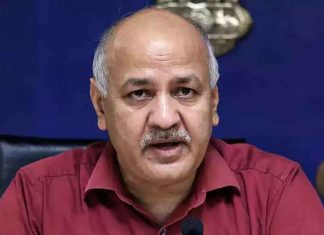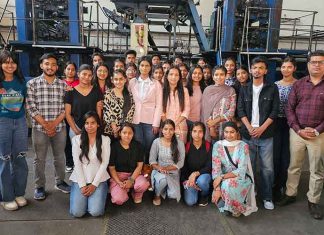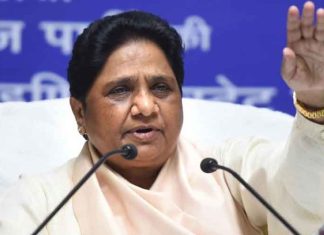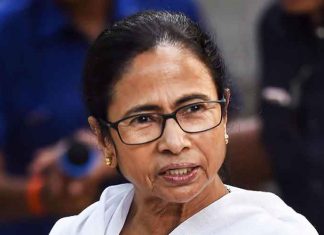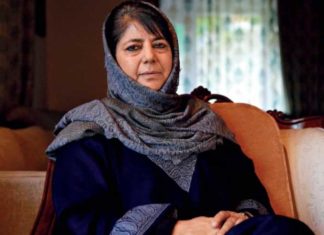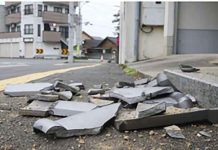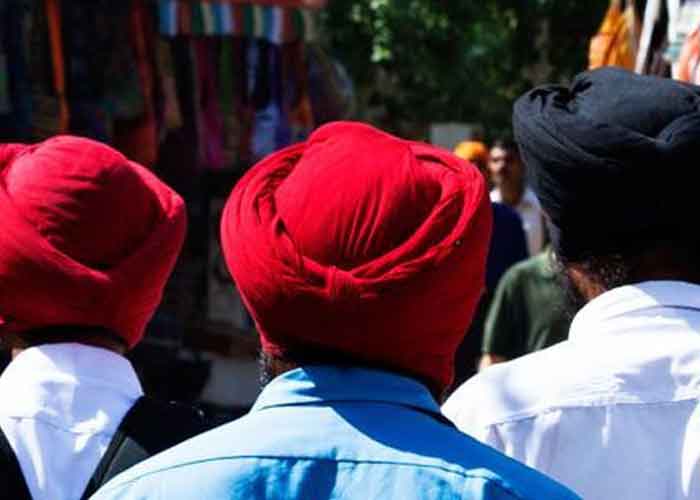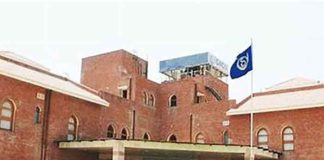New Delhi/Mumbai, Feb 16, 2020-
As the debate rages on the effectiveness of ‘face masks’ in curbing the spread of coronavirus, India’s manufacturing industry has gone into overdrive to produce more such personal protection equipment to leverage the growing domestic and global market.
Industry experts cite the phenomenon of binge fear buying, as people rush to medical stores to get their hands on either N95 or a simple surgical face mask to protect themselves from the threat of coronavirus.
“Indian manufacturers are trying their best to produce more N95 and surgical face masks, but with the government relaxing export norms, there might be scarcity in India in the coming time,” Abhay Pandey, National President, All Food and Drug Licence Holder Foundation (AFDLHF), told.
“In the international market, the wholesale going rate of such face masks have climbed to $8-10. This makes exports far more remunerative for manufacturers than supply to the domestic market,” he added.
Pandey recently urged the government to tighten export norms and build a national reserve of personal protection items such as bouffant surgical caps, face masks, gloves, disposable gowns and shoe covers.
Just a few days back, the ban on the export of some personal protection equipment was set aside, except for N95 masks.
Some industry estimates range the combined market size of these personal protection equipment products from Rs 2,500-3,500 crore.
“The average cost of manufacturing these surgical face masks is only around 40-45 paise, while that for N95 mask is about Rs 10-12. But due to market dynamics, these are being sold at a much higher price,” Pandey said.
“Globally, governments keep a stock of these personal protection items for use during emergencies. In India, we do not have such a system. This is the right time to build reserves of these protection equipment. It seems the industry depends majorly on the fear factor, pollution and viruses for it to grow further. People do not want to take any chance these days,” he added.
ALSO READ:
Coronavirus: India to send medical supplies to China
ALSO READ:
Japan confirms 70 new coronavirus cases from cruise ship
According to Manoj Rajawat, Director of Orthosut Biomedical & Engineering Company, “Because of the coronavirus epidemic, India’s domestic markets, including wholesale and retail, are nearly 80 to 90 per cent dry with shortage of face masks. There has also been an upward revision of prices.”
Similarly, Edelweiss Securities’ Economist Madhavi Arora said: “Amid still-evolving cases of coronavirus, the demand for safety masks is going to increase.
“Global markets are already seeing tremendous up-tick in demand which is slowly spiralling in Indian markets as well. If the government does open the market for exports, the price impact back home would be felt too.”
However, the binge face mask buying might ultimately not lead to any tangible results in curbing the spread of coronavirus.
“Face masks do not provide foolproof protection from coronavirus, which is the reason why CDC has not advised wearing face masks. However, face masks are providing a sort of psychological comfort to the people who are travelling,” Arvind Kumar, Founder Trustee, Lung Care Foundation, told.
“Face masks definitely reduce infected persons’ ability to spread the virus in the environment. However, only N95 masks provide some protection to healthy individuals against the virus,” Kumar added.
Meanwhile, sales of other items such as sanitizers have also seen a rise in the domestic market.
“The cotton mask market, which was estimated in India at approximately $95 million, suddenly showed growth of 6 per cent during the Delhi pollution crises. It has recently grown to 29 per cent, leading to shortage of cotton masks, which are the highest selling masks in India,” Aamit Khanna of PharmEasy told.
“Since the absence of cotton masks, consumers are buying hand sanitizers greatly,” Khanna added.
The novel coronavirus originated in Wuhan, China, at the end of 2019. Till Saturday, it had claimed over 1,500 lives in China alone and infected more than 66,400 people. It is of the same genre as SARS, which broke out in 2003. The virus was first reported in the WHO Disease Outbreak news on January 5, 2020. It has progressively spread across many countries from its epicentre in Wuhan.
In a bid to curb the spread of the virus, Chinese authorities have closed transportation services across many parts of the country, including Wuhan.
The new virus has spread at a much faster pace than the 2003 SARS epidemic. (Agency)






